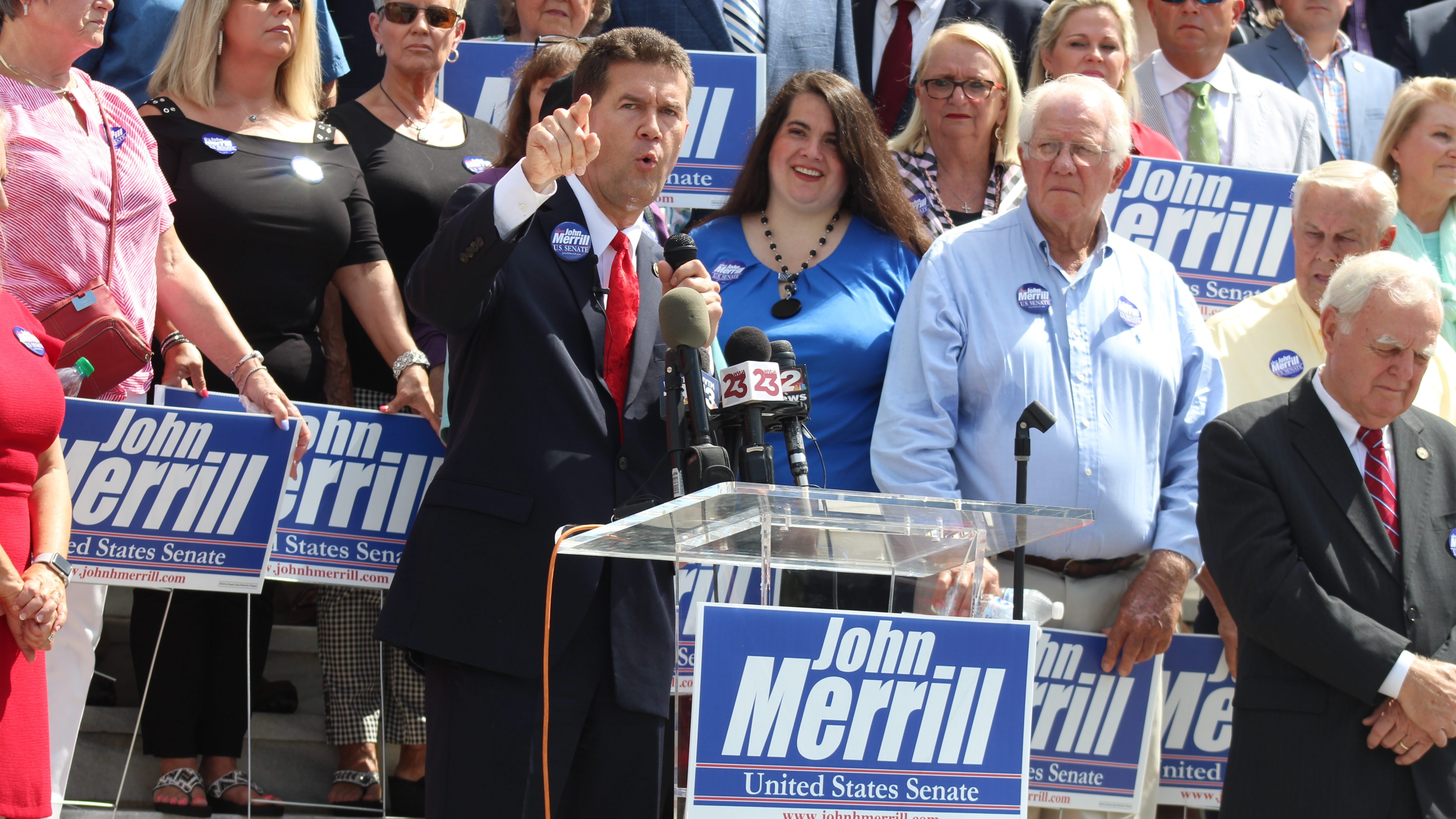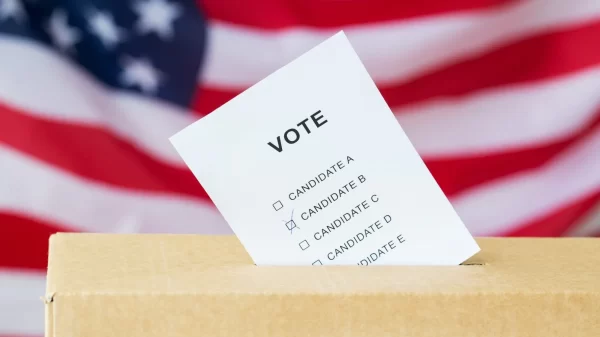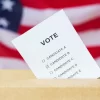Alabama Secretary of State John Merrill issued a statement yesterday responding to a recent op-ed from Alabama Political Reporter investigative reporter and featured columnist Josh Moon titled “Voter ID laws burden minority voters, have zero effect on fraud.”
Moon’s op-ed on Wednesday claimed voter ID laws “disproportionately impose hardships on those minorities being able to cast votes” and cited the Southern Poverty Law Center’s deputy legal director, Nancy Abudu, who issued a statement on Tuesday in response to a tweet by President Donald Trump that called for the passage of voter ID legislation.
“[The laws] do create barriers for Black, Latinx, low-income, and elderly voters, who are more likely than the general population to lack an acceptable form of photo identification,” Abudu said in the statement “Unfortunately, perpetuating the myth of voter fraud has been so successful that conservative lawmakers use it as a cudgel to undermine the Black vote, particularly in the Deep South. In order to strengthen our sacred right to vote, we must restore the Voting Rights Act to its full strength.”
Moon referred to Alabama’s Photo Voter Identification Law, House Bill 19, that was passed in 2011 that requires in-person and absentee voters to show photo identification to cast a ballot.
“In the multiple elections since, it has stopped exactly zero attempts to steal a vote through in-person fraud,” Moon said in the op-ed. “I know this to be true because that’s how many in-person voter fraud cases had occurred in Alabama in the 20-plus years prior to the ID law.”
Merrill’s statement dismissed Moon’s claims that photo ID laws do not stop voter fraud and that such laws disenfranchise minority voters as “false,” saying that the Alabama’s voting laws help to ensure “fair, safe and secure elections by preventing voter fraud through identity theft.”
“You see, Mr. Moon is entitled to his own opinion, but he is not entitled to his own facts,” Merrill said in a statement.
Merrill’s statement emphasized that, since the voter ID law went into effect, there have been no recorded instances in which someone has been denied the right to vote for not having the proper credentials.
The Secretary of State’s statement also pointed out that “any citizen can obtain a free voter ID on any day that the courthouse is open by visiting the Board of Registrar’s Office and requesting an ID be provided for free. In the unlikely event that a citizen cannot visit their county courthouse, or one of the festivals we visit, or come to a community event we host in each county every year, we will go to their homes and provide them with a free voter ID.”
Merrill posted a tweet last year with his cell phone number, saying that anyone who cannot travel to collect their photo ID themselves can call his cell phone to have their photo ID brought to them and make sure they are registered to vote.
“My goal as Alabama’s 53rd Secretary of State is to ensure that each and every eligible U.S. Citizen that is a resident of Alabama is registered to vote and receives a free photo ID,” Merrill said in the statement. “Our only goals when it comes to the administration of elections is to ensure that every Alabamian has access to participate in a fair and secure elections process and we encourage voter participation by ensuring that in each of Alabama’s 67 counties.”
Merrill announced last week that Alabama broke another state voter registration record with more than 3.5 million registered voters in the state.
Last year, a federal judge dismissed a lawsuit challenging the constitutionality of Alabama’s voter ID law. Greater Birmingham Ministries, the Alabama State Conference of the NAACP and individual plaintiffs filed the lawsuit, arguing that requiring a photo ID to vote is racially discriminatory and is a violation of the Voting Rights Act. The judge, L. Scott Coogler, said that the plaintiffs “failed to provide evidence that members of the protected class have less of an opportunity than others to participate in the political process.”
Alabama is one of 17 states that require voters to show a photo ID at the polls.




















































